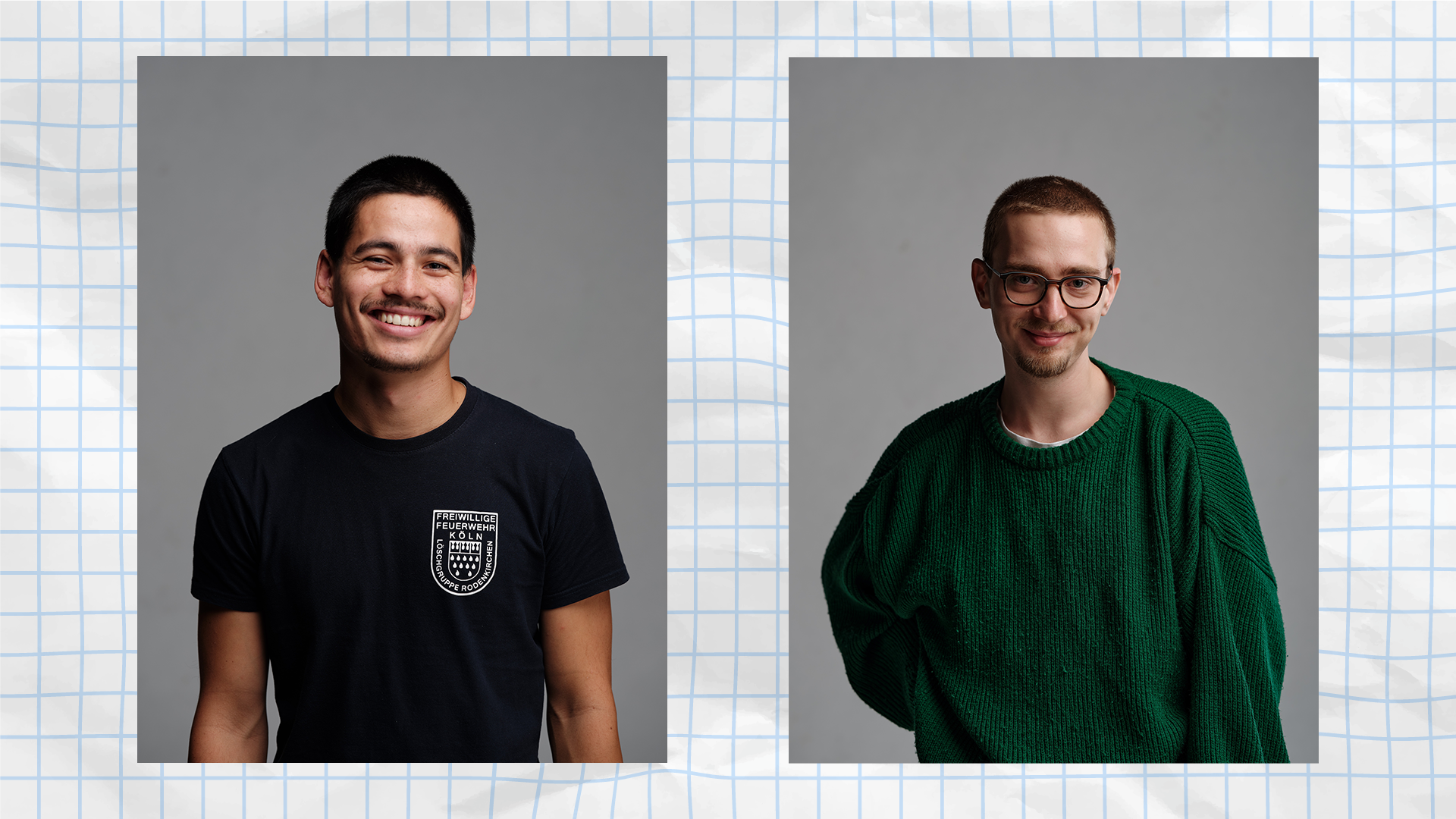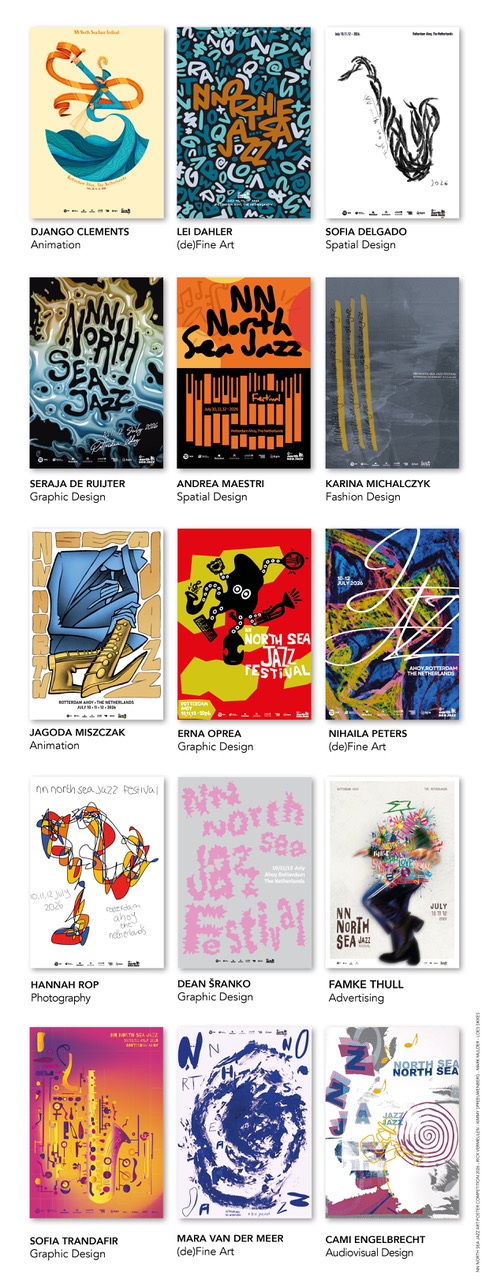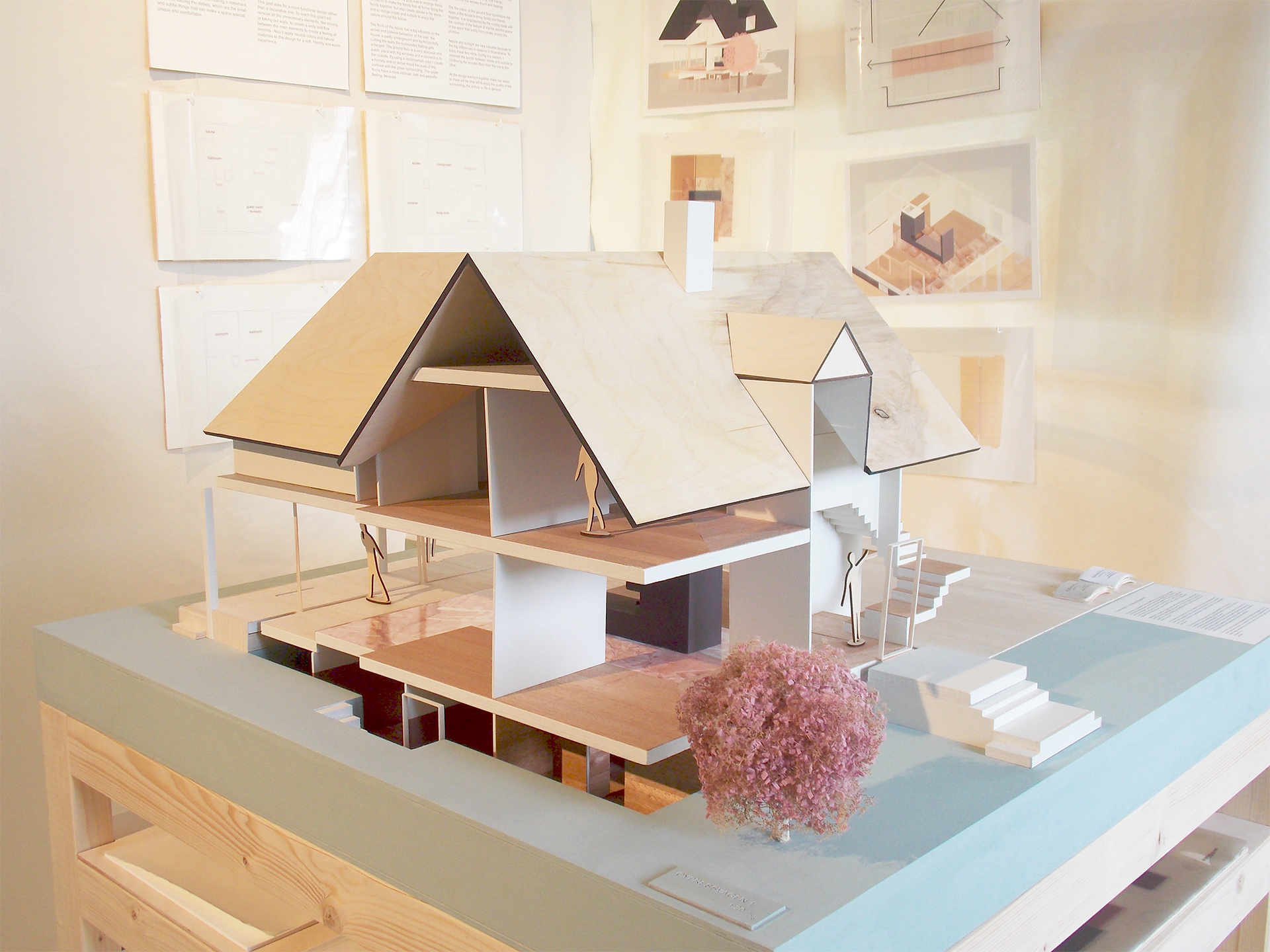WdKA is delighted to welcome Leroy Sirasit van Halen, who joins our team of tutors in the academic year 2020-2021.
Leroy Sirasit van Halen is a freelance designer and design researcher in the field of fashion. He obtained his BA Fashion Design at ArtEZ Institute of the Arts in Arnhem. During his studies, Leroy started working for the Parisian avant-garde fashion label Bernhard Willhelm for which he moved to their design studio in Los Angeles. Still working for the label, Leroy decided that he wanted to expand his craft and pursued an academic MA-degree Arts and Culture: Design Cultures which he obtained at the VU Amsterdam. Leroy’s approach to design and research fashion is grounded in the interdisciplinary field of material culture; he believes that objects encapsulate and mediate parts of our social reality. Nowadays, Leroy is working on his own projects as well as a freelance designer and researcher for both Dutch and international clients.
What is your branch of knowledge and subject?
My activities in the creative field are very diverse; they span from commercial fast fashion to the creation of bespoke Avant-Garde fashions, to academic research in fashion history. I take a keen interest in all forms and stages of the design process, but always through a fashion-based frame of reference. At the WdKA I will be a design tutor at the Fashion Design programme.
What is your source of inspiration?
Most of my inspiration comes from my desire of belonging. I am deeply nostalgic for a past that perhaps never was – or at least is not mine. I am not native to the Netherlands but I have always had a great appreciation for the country and its culture growing up. To that end, I identify myself as being fully Dutch even though my own story had started on the other side of the world. This dichotomous relationship between longing-to and belonging-to is one of the main inspirations for both my work and personal life.
What defines you as a tutor? Your strongest points?
Having experienced both practical art school training and research-based academic education, I bring – or at least I hope to – a distinct theoretical background and critical thinking into the practice of design. It is easy to antagonise by blatant critique; that is not what I set out to do. I tend to appreciate work that is critical yet whimsical – work that bends thoughts, rather than breaks bonds. My strong point is that I tend to be quite moderate – or neutral – to popular themes and convictions. Things are never “simple”, “good”, or “bad”, we ought to always be highly critical – in particular when we agree.
What is your dream/goal as a tutor?
It is my ambition to someday start a PhD program in the field of design. Over the years, I have developed a keen interest in the role of design – in particularly fashion design – and the formation of collective and individual identities. Inclusivity, diversity and identity have become such prominent trigger words, but what do – or could – these words truly mean in regard to design? What if we would let design speak for society, rather than let society speak for design? It is my personal belief that the arts – thus the artist and designer – should be taking a leading position in these society-wide debates and both raise questions as well as speculate answers, rather than merely follow its persuasive rhetoric. Therefore, the dream would be to use the creative and innovation-driven playground of the art academy as a backdrop for solid academic research, to achieve an intellectual symbiotic relation amongst the two.
Name one item from your bucket list?
Call me foolish or superficial, but I would like to one day – if only once – present my own line at Paris Fashion Week and experience the whole circus and poppycock with my own name spelled out in lights. I truly believe that runway presentations have become somewhat obsolete and that we should challenge the ego of fashion. However, I feel no shame in admitting that – in spite of my reservations – I am working towards that goal one step at the time.
Whom would you call a true innovator?
I really admire people who have the courage to break with modernity and devote their lives – or a significant part of them – to the pursuit of keeping old traditions and crafts alive. In particularly in fashion, many skills and craft have become obsolete in the ever-accelerating consumption-driven fashion industry. Keeping the old skills and traditions alive is not only important for the sake of these crafts. It is also, since they contest modernity and its negative impact on the world, taking into account the problems of pollution, mass-consumption and depletion of resources. My true innovators are often anonymous, they often consist of old family-run businesses, life-long craftsmen and -women, historic costume clubs or enthusiastic hobbyists. Anyone who continues and innovates an old art or craft into the future; often regardless of economic viability, purely out love for their craft.



